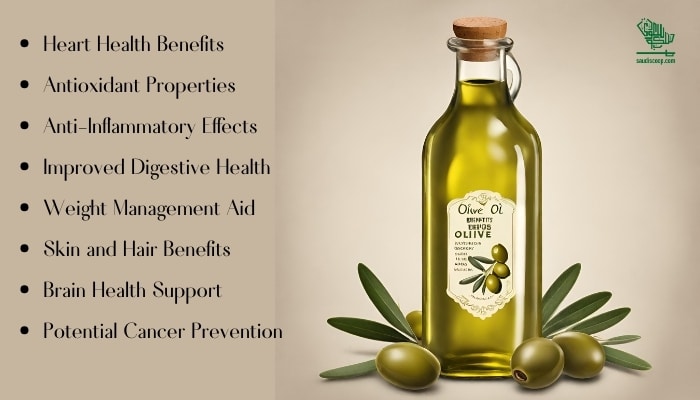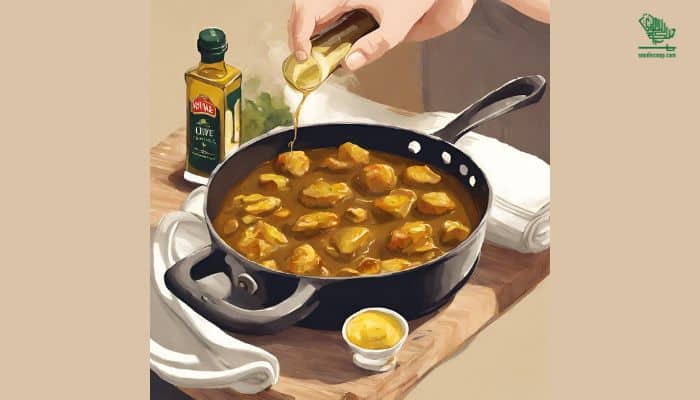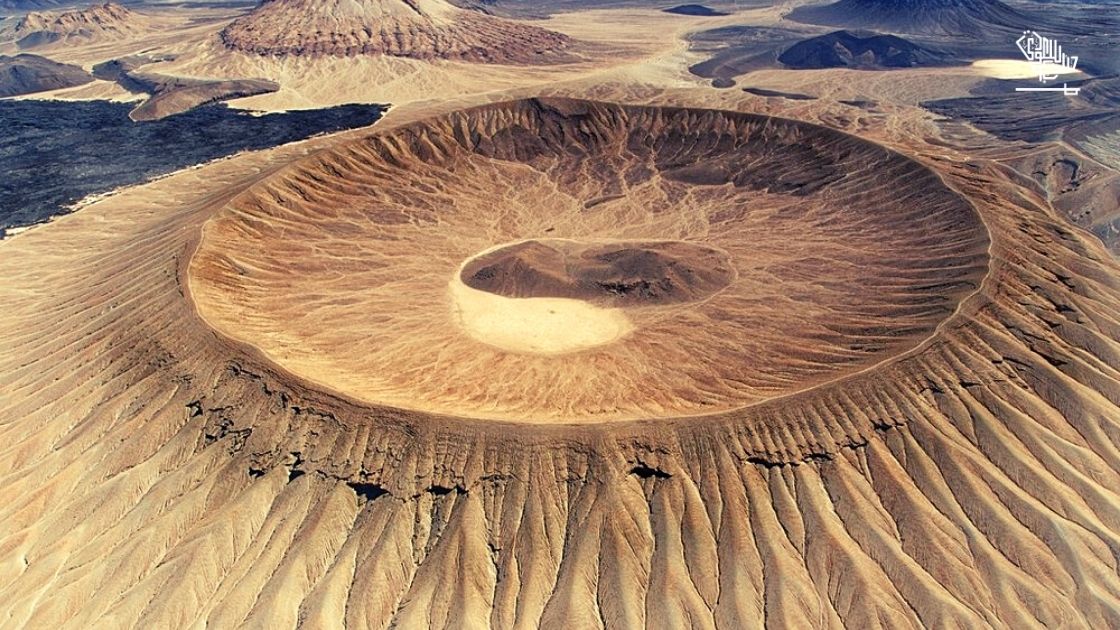Disclaimer: Always consult your medical doctor before trying any of the advice in this blog!
Ramadan tables are distinguished by their diversity and contain different foods prepared in many ways, in which saturated and unsaturated oils are used, such as corn oils, butter, and ghee, to add a delicious taste to these dishes.
Excessive use of saturated and unsaturated fats may lead to undesirable health consequences such as: – High blood pressure,
– High blood sugar,
– High levels of harmful fats,
– Weight gain,
– Indigestion.
Which may negatively affect the body’s organs, especially the heart.
Consuming olive oil after fasting on an empty stomach has many benefits for the body. Many women add it to breakfast table dishes, such as chickpeas, foul, tabbouleh, and sauces.
Read: How do the People of Riyadh celebrate Ramadan?

Virgin olive oil prevents many diseases, such as high levels of harmful cholesterol, and is beneficial for the heart as it contains vitamin K, vitamin E, omega-3 fatty acids, and omega-6.
It is advised that the fasting person consume olive oil for breakfast. The benefits of olive oil for the fasting person during Ramadan may include the following:
Heart health benefits of extra virgin olive oil during Ramadan
The heart benefits of consuming olive oil after fasting include:
- It helps maintain normal heart functions.
- Protect the lining of blood vessels from damage.
- It prevents clots because it contains monounsaturated fats that help neutralize the harmful fats eaten on breakfast tables.
Benefits of olive oil for people with diabetes in Ramadan
Consuming olive oil on an empty stomach after fasting helps regulate blood sugar levels, prevent high blood fats, and reduce cell resistance to insulin.
Olive oil is an excellent addition to the breakfast table, especially for people with diabetes who have had a long day of fasting and whose blood sugar levels are low.
Benefits of olive oil for joints and bones in Ramadan
Having olive oil during breakfast during Ramadan helps maintain bones and joint health due to its rich antioxidant content. Especially when consumed with foods rich in calcium and vitamin D, promoting bone health and reducing bone loss during fasting hours.
Olive oil to maintain intestinal health during Ramadan
Olive oil is known for fighting many types of bacteria, especially bacteria harmful to the digestive system. For example, Helicobacter pylori cause stomach ulcers, and olive oil promotes intestinal health and prevents constipation and indigestion when fasting.
Benefits of olive oil for skin in Ramadan
The skin loses a lot of oils and water due to fasting during Ramadan. Therefore, consuming more virgin olive oil and applying it to the skin helps relieve the skin’s dryness and restore its freshness and radiance caused by fasting.
Fasting, fatigue, and staying up late during the holy month cause dark circles under the eyes in Ramadan. Consuming olive oil helps restore moisture and freshness to the skin under the eyes, which helps eliminate dark circles and prevents their reappearance.
Olive oil for slimming in Ramadan
You can take advantage of the opportunity to fast and consume olive oil after fasting to lose weight. The benefits of olive oil for slimming are evident as follows:
- Olive oil contains triglycerides that increase fat burning and increase hormones that increase the feeling of satiety.
- Olive oil helps prevent fat accumulation in the abdominal area by treating metabolic syndrome—the monounsaturated acids in olive oil help lose weight, feel full, and prevent fat accumulation.
How to Use Olive Oil For Cooking
Here are some tips for using olive oil in cooking based on information from reliable sources:

- Selecting the Right Type: Choose the appropriate olive oil for your dish. Extra virgin olive oil (EVOO) is perfect for salad dressings, dips, and drizzling over foods due to its superior flavor and low smoking point. Virgin olive oil suits Mediterranean dishes, while refined olive oil is a versatile cooking oil.
- Storage: Preserve the quality of olive oil by storing it in a cool, dark place away from heat and light. Proper storage prevents the oil from turning rancid or losing flavor, ensuring longevity.
- Cooking Methods:
- High Heat Cooking: Opt for regular olive oil with a higher smoke point for frying or sautéing. Extra virgin olive oil is suitable for low to medium-heat cooking, such as roasting vegetables or preparing light pasta sauces.
- Baking: Use olive oil for baking cakes, muffins, and bread. It yields moist and tender baked goods without overshadowing flavors, offering a healthier alternative to butter and reducing saturated fat intake.
- High Heat Cooking: Opt for regular olive oil with a higher smoke point for frying or sautéing. Extra virgin olive oil is suitable for low to medium-heat cooking, such as roasting vegetables or preparing light pasta sauces.
- Flavor Enhancements:
- Drizzling: Add flavor by drizzling olive oil over sandwiches, cheese, or roasted vegetables instead of using condiments rich in saturated fats.
- Seasoning: Infuse flavors with olive oil with herbs and spices—steep herbs and spices in olive oil for approximately ten days to create flavored oils.
- Drizzling: Add flavor by drizzling olive oil over sandwiches, cheese, or roasted vegetables instead of using condiments rich in saturated fats.
- Moderation: Although olive oil is healthy, it’s calorie-dense. Use it in moderation to prevent dishes from becoming excessively greasy or soggy. Measure the required amount of olive oil for your recipe to maintain balance.
By following these guidelines, you can effectively incorporate olive oil into your cooking, enhancing flavors while enjoying its health benefits.
DISCLAIMER: The images showcased on this page are the property of their respective owners. We provide credit and sources wherever possible. However, If you find that your image is displayed on this blog without authorization, please contact us with the relevant details and a link to the image, and we will promptly address your concerns.

I’m Soha Owais, a law graduate with an LLB (Hons), blending my legal background with a passion for storytelling. As an author and writer at Saudiscoop.com, I craft engaging narratives that connect with both local and international audiences, bringing a fresh and informed perspective to the stories that matter.




